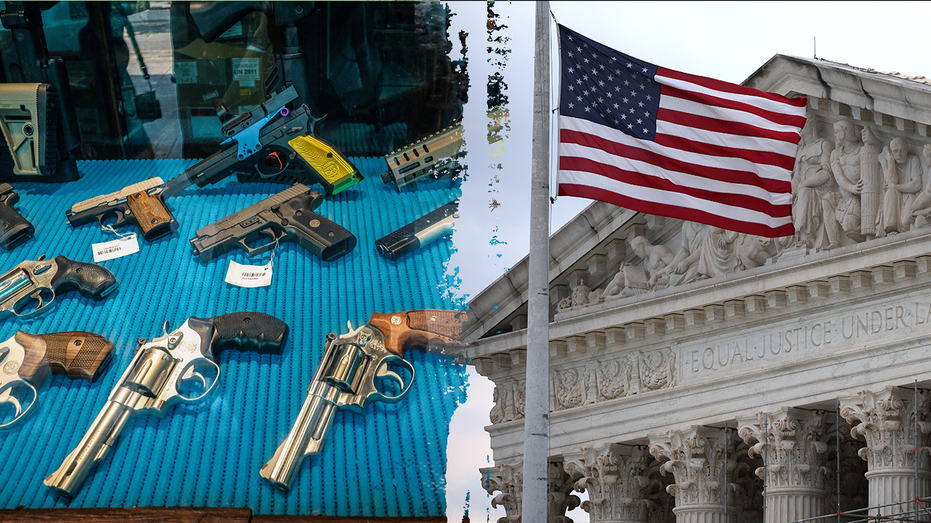Supreme Court Rules in Favor of US Gunmakers in Landmark Case Tied to Mexican Cartel Violence
Supreme Court rules in favor of U.S. gun manufacturers in Mexico lawsuit over alleged aiding of illegal cartel gun sales.

The United States Supreme Court issued a unanimous decision on Thursday, siding with seven major U.S. gun manufacturers in a closely watched lawsuit brought by the Mexican government. In their ruling, the justices determined that the Protection of Lawful Commerce in Arms Act (PLCAA) shields these companies from liability, effectively blocking Mexico’s attempt to hold them legally responsible for firearms allegedly trafficked into the hands of drug cartels.
This case, *Smith & Wesson Brands v. Estados Unidos Mexicanos*, marked the first time the Supreme Court considered the global implications and the reach of the PLCAA. The law, enacted in 2005, generally protects gun makers and sellers from being sued when crimes are committed with their products, with specific exceptions. Justice Elena Kagan, writing for the Court, emphasized that the "kinds of allegations Mexico makes cannot satisfy the demands of the statute’s predicate exception." She noted that for such a lawsuit to proceed, the harm suffered must be directly or "proximately caused" by the manufacturers’ actions—something the Court concluded was not plausibly alleged in this instance.
"Mexico’s complaint, for the reasons given, does not plausibly allege such aiding and abetting," Kagan wrote, underscoring that the chain of commerce—from manufacturers to wholesalers, distributors, retailers, straw purchasers, and ultimately smugglers—places too much distance between the companies and the violent acts committed by cartels. "So this suit remains subject to PLCAA’s general bar: An action cannot be brought against a manufacturer if, like Mexico’s, it is founded on a third party’s criminal use of the company’s product."
Legal observers note that the ruling arrives at a particularly sensitive moment for both U.S.-Mexico relations and the broader debate over gun violence and accountability. While Washington has pressed Mexico to clamp down on drug and migrant flows across the border, Mexican officials have demanded tighter controls on U.S. gun exports, arguing American-made military-style weapons are fueling the brutal cartel violence plaguing their country.
During oral arguments, Mexico’s attorneys maintained that the country—where civilian gun ownership is tightly restricted—should have standing to pursue a $10 billion civil lawsuit, accusing U.S. gun companies of knowingly turning a blind eye as their products moved through illicit channels south of the border. However, the gun manufacturers insisted that their standard business operations abide by U.S. laws, and that they have no control over illegal smuggling abroad.
This Supreme Court decision could have far-reaching ramifications, not only for international plaintiffs like Mexico, but also for victims of gun violence within the United States. Previous attempts to circumvent PLCAA, such as the landmark settlement by Sandy Hook Elementary School shooting victims’ families, had relied on state-level legal maneuvers. Gun control advocates argue that by reaffirming broad protections for manufacturers, the justices may have set a higher bar for future lawsuits—even in domestic mass shooting cases—unless claimants can prove gun makers knowingly broke the law.
On the other hand, Second Amendment supporters welcomed the outcome, arguing that a heavily regulated and lawful industry should not bear responsibility for crimes committed by third parties, especially outside the United States. The Court ultimately sided with this interpretation, declaring that Mexico’s claims failed to establish the "conscious... and culpable participation in another’s wrongdoing" necessary for an aiding-and-abetting charge under U.S. law.
The judgment leaves intact the overarching protection Congress intended for the firearm industry, even as transnational gun trafficking and mass shootings remain urgent topics of debate at home and abroad.




